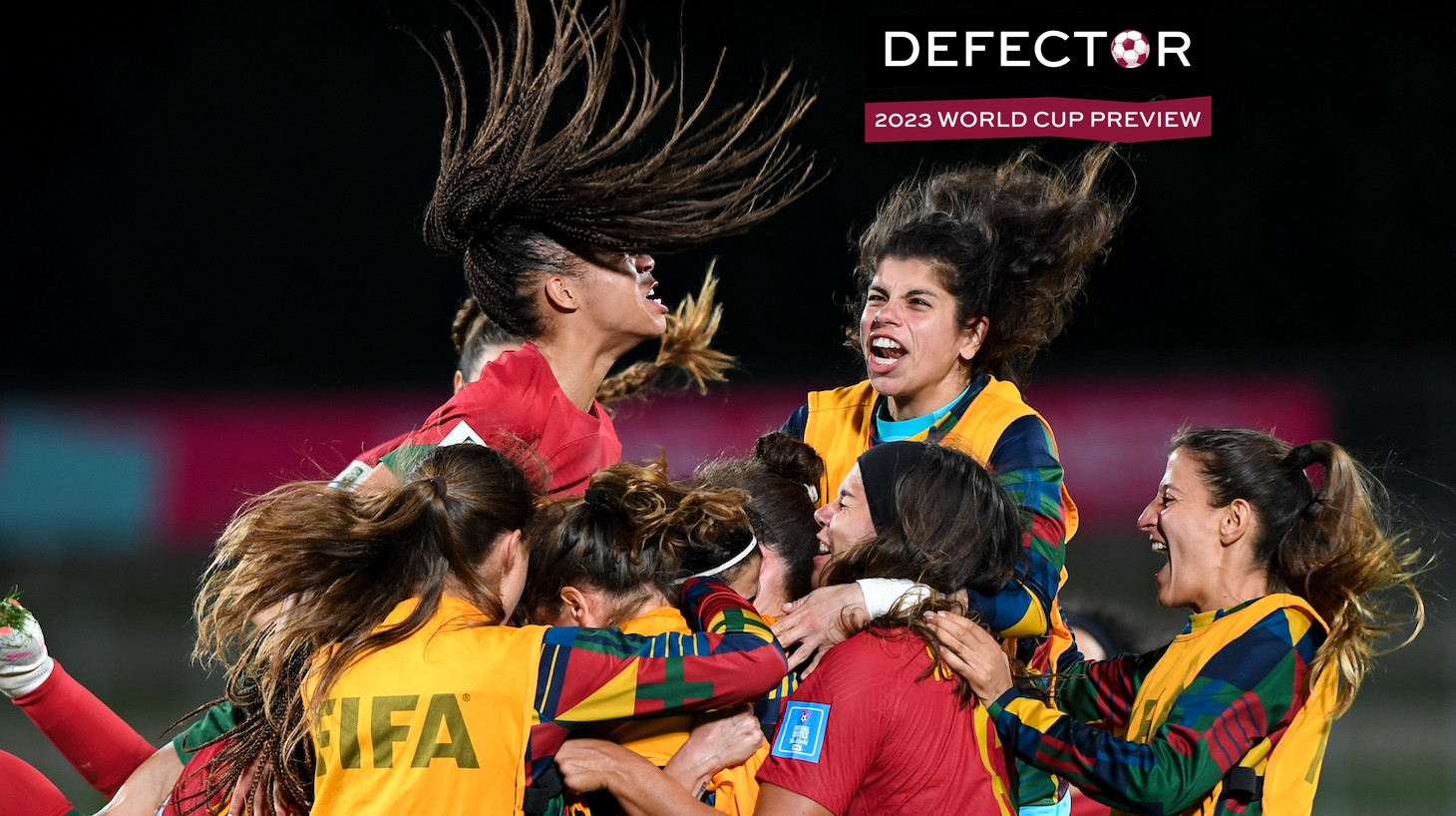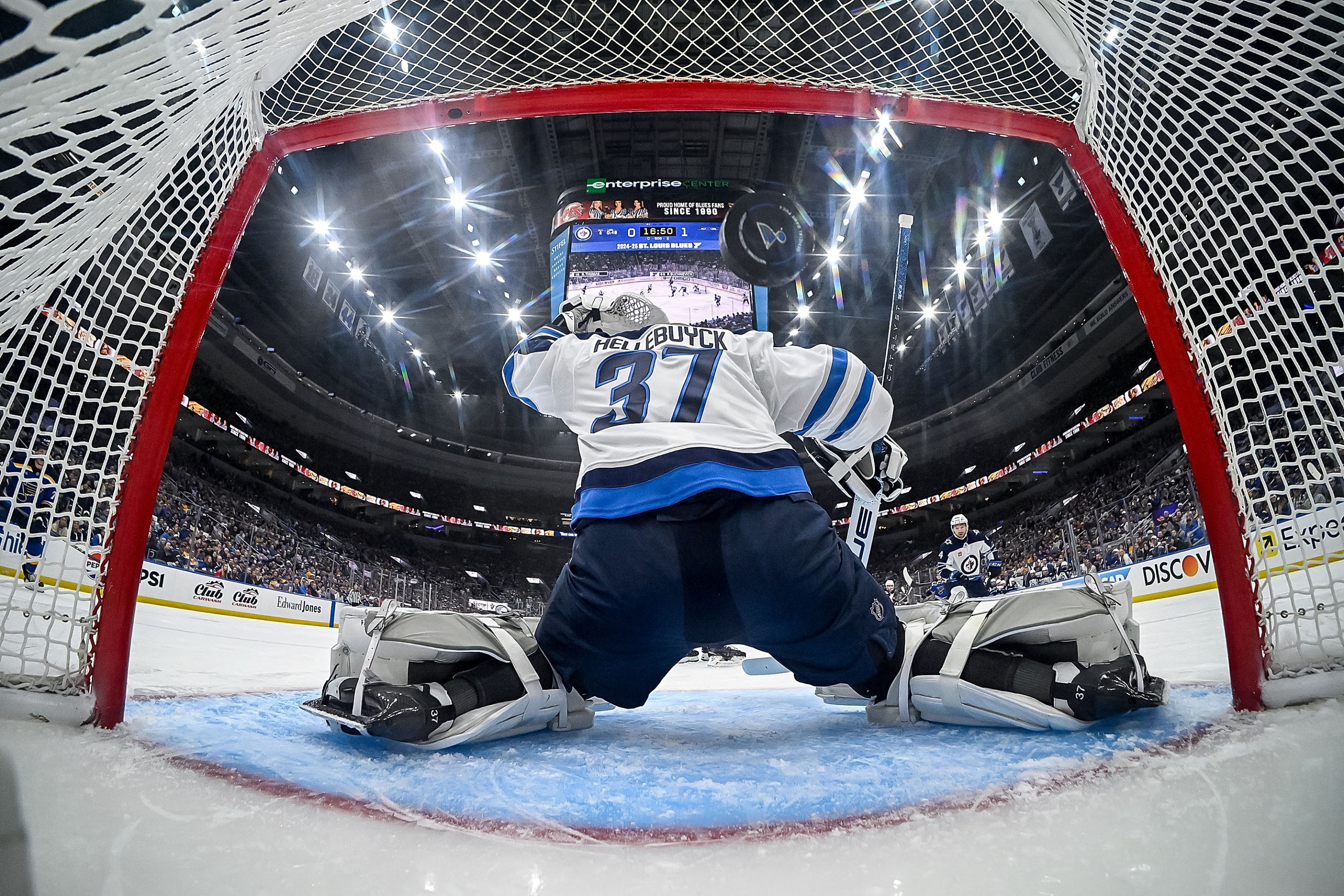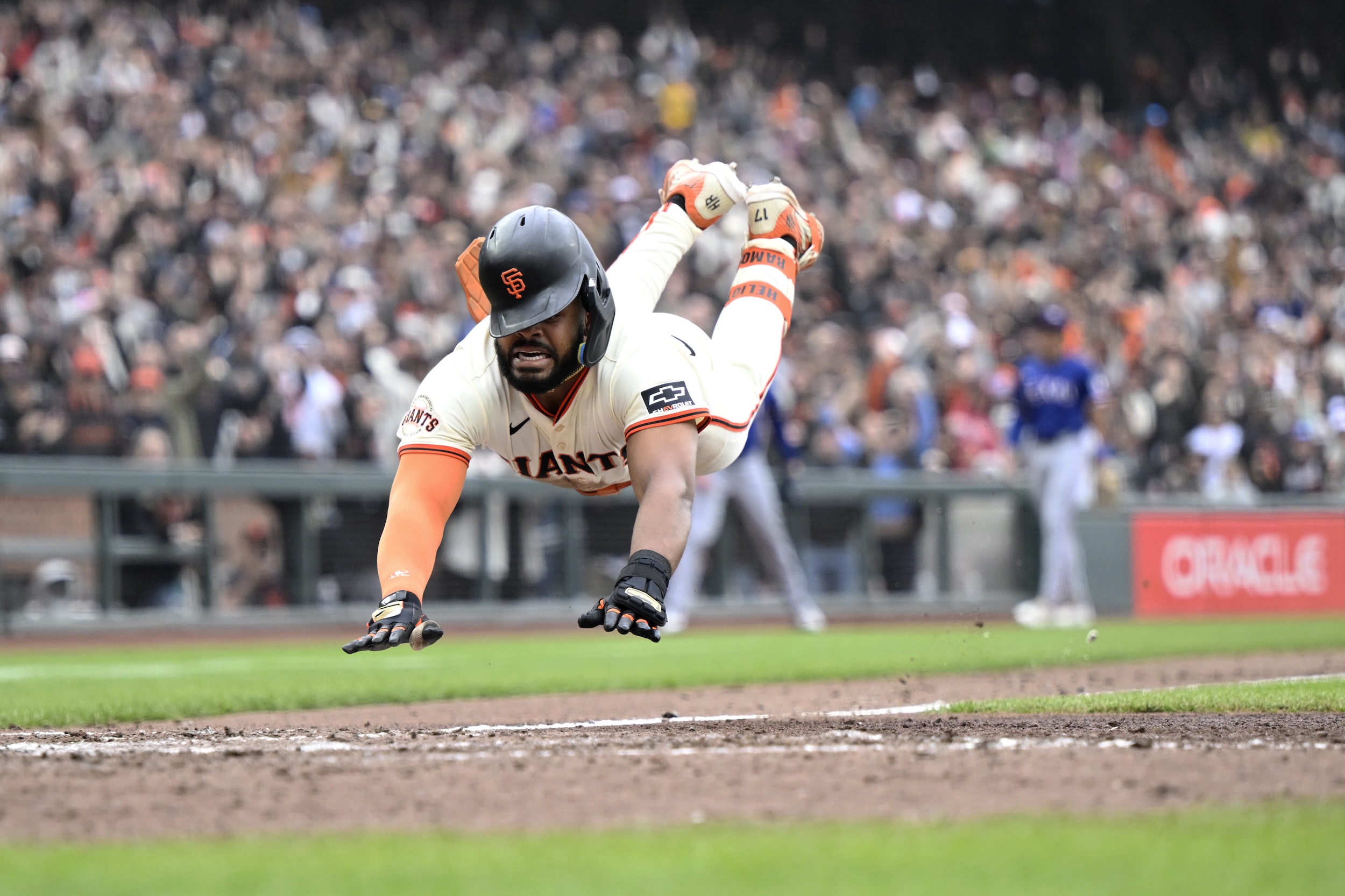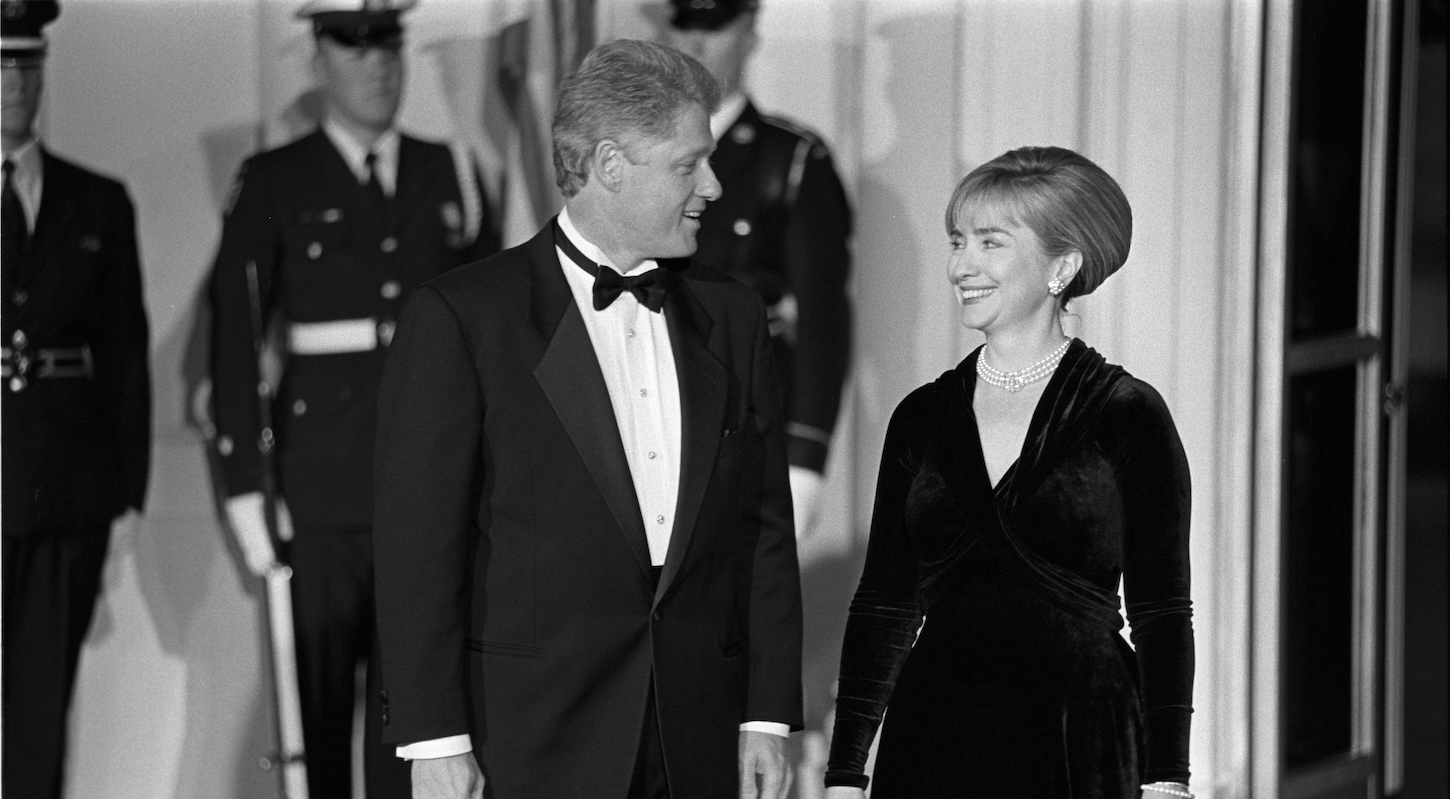It’s almost time for the 2023 World Cup. To help get you ready, we will be providing you with precious information about every team in the tournament. You can read all of our team previews here.
Any list of the traditional—here, leaning into that word's patriarchal undertones, meaning male-centric—powerhouses of international soccer would have to rank Portugal pretty highly. The country has given the game multiple era-defining stars, produced hundreds more world-elite players, regularly fights deep into the big international tournaments, and supports one of the strongest domestic leagues on the planet. It's a reflection of the country's exceptionally productive soccer culture, as well as its colonial past, that a nation of only 10.3 million people has accomplished all of that in one of mankind's most passionately contested fields. With so little, comparatively speaking, Portugal has done a whole lot.
Which is why it's a little surprising when you realize this summer's World Cup will be the Portuguese women's national team's first. Indeed, Portugal's place in women's soccer is the total inverse of it's place in the men's game: the Portuguese have never produced a truly great player; they've hardly sent any players to the strongest clubs; they've only made it to the Euros twice, in 2017 and 2022, and they got their spot in the latter tournament only because UEFA kicked Russia out of it due the War in Ukraine; and the Portuguese domestic league, while growing, has only been at best a third-tier league on the world scene. Though only a few of soccer's traditional powerhouses are similarly great in both the men's and women's games, almost all of Portugal's peers there have had much more impressive track records in the women's game. Thankfully, that is starting to change.
Whenever you're trying to figure out what's going on with a given nation's international soccer situation, you're always well-served going to look at its domestic league first. There you can see exactly why Portugal has been so anonymous for so long, and also why they're at last starting to live up to their potential. Portugal's inaugural women's soccer competition started in 1985. For the next three decades women's soccer slowly evolved from various odd formats until it eventually resembled the kind of league and cup system you usually find in countries that take the sport seriously. The quirky, regional, more or less knockout-based early format gradually became nationwide and round-robin. A domestic cup competition was introduced in 2003. A second division, and with it promotion and relegation, came in 2005. A top division of six clubs became one of 10 and is now one of 12.
It wasn't until 2016—just seven years ago!—that the domestic league really took the leap. That year saw Sporting CP and Braga, two of the country's bigger (and, in Sporting, one of the three biggest) clubs on the men's side, enter teams into the women's top flight. Crucially, Sporting and Braga became the first clubs to institute full professionalism in a league that until then had been entirely semipro or amateur. Two years after that, the country's very biggest club, Benfica, created a professional women's team and entered it into the country's second division. Benfica quickly became the country's strongest team, and has won the league title three times running. When Portugal takes the field for the first time at the World Cup, you can bet that about half of the starting lineup will consist of Benfica players.
There's still a long way to go, internationally and domestically. It's certainly impressive how Portugal has managed to qualify for three of the four most recent major tournaments (making it to the last two Euros and this World Cup; missing out on the 2020 Olympics). It's also the minimum that should be expected from a country like Portugal. In the league, it's great what the investment and commitment of clubs like Benfica, Sporting, and Braga—and the attention-driving rivalry between those first two—has done to push women's soccer forward so quickly. But it's a shame that it's taken so long for Portugal to even start to open the doors of its world-renowned soccer culture to its girls and women. And that door is still only half-open: Even today, only four (Benfica, Sporting, Braga, and Famalicão) women's clubs are fully professional, and Porto, the third member of Portugal's traditional big three, doesn't have a women's team at all.
Portuguese soccer—hell, women's soccer in general—deserves to have its distaff versions of Cristiano Ronaldo, Eusébio, Luís Figo, O Clássico, the 1966 World Cup semifinal run, the 2016 Euros title. The impediments there are systemic in nature, and the women who make up the current national team can't make it happen by themselves. However, a deep run in this World Cup could be a catalyst that both demonstrates how far Portugal has come and also kickstarts where it's going. So it's fantastic that this World Cup will be Portugal's first, but only if it is nowhere near the last.
Who Is Their Star?
Jéssica Silva is a good instantiation of both the talent and limits of Portuguese women's soccer. As a player who idolized Marta growing up, the 28-year-old forward is a legit marvel of technique. Though not one of the best, she will absolutely be one of the flashiest players at the World Cup. On the ball she is a hurricane of fancy flicks and ball-drags and rabonas and trivelas and nutmegs (especially nutmegs), and her lithe build and sizzling speed make her a force to be reckoned with on the move. It is true that her tricks can at times give the impression that her game is prettier than it is effective, but right about then her fifth stepover will turn into a whiplashing shot that slingshots the ball into the top corner and you'll realize that there is often a real end-product to all the flair.
Ah, but I did mention her being an example of Portugal's limitations, too. The promise of her on-ball skills and her ability to score goals either from the center forward or wing positions has made her probably the most coveted Portuguese player of her generation. She has what is probably the most impressive career of any Portuguese player ever, seeing as she's spent time in two of the very best leagues in the world—the NWSL, where she played for the Kansas City Current, and France's D1, where with Lyon she became the first and only Portuguese to win the Champions League. However, her lack of consistency and lack of a more well-rounded game have meant she was a bit player throughout her spells in France and America. She's only ever been a regular, productive starter when playing for clubs in the mediocre Portuguese league, where she has always been one of the very best players in the competition.
Regardless of the shortcomings that keep her out of the top echelon of the sport, Silva is still a damn fine player, and is key to Portugal's gameplan. She typically plays as one of two strikers in Portugal's 4-4-2 diamond formation, which is ideal for her game: She can saunter out wide to find the open spaces where her speed and dribbling are lethal without leaving her team bereft of finishers in the penalty box, but still manage to get into the central spaces where her powerful shot can pay dividends on the scoreboard.
Tell Me About A Cool Youngster
If Jéssica Silva is an example of what Portugal has been, then Kika Nazareth is the promise of what might be. At 19 years old, she is the country's big hope to become the first national superstar.
Nazareth has a superstar name and a game to go with it. Though not as blurringly fast as Jéssica, Kika is every bit as technically blessed. Her game is born from her soft feet which let her jink by incoming tackles, slip past pressure and turn goalward when receiving between the lines, and vanquish goalkeepers with an array of high-difficulty finishes when it's shooting time. She's capable of playing as a center forward and a little deeper as a 10, which is where she'll probably spend most of her time in this tournament, tucked in the hole behind strikers Jéssica and Diana Silva. Added to her technical ability and her scoring is an eye for dissecting passes. Here's a video of some of her best moments from a big game against Sporting this past season:
Kika Nazareth vs. Sporting CP
— Benfica Comps (@SLBcomps) February 9, 2023
✨[@kikarrns]pic.twitter.com/klu1AU2aIf
While Jéssica's career has been capped by her limited toolbox, Nazareth's budding journey is all potential. The breadth of her skills are what mark her for future greatness, and her charm and intelligence are what have already made her one of the highest-profile stars of Portuguese women's soccer. It's no accident that Portuguese superagent Jorge Mendes made Nazareth his agency's first woman client.
But starring for Benfica in Portugal is one thing, and doing so under the brightest lights is something else. Because she's so young, Nazareth has time to continue growing as a player before she'll need to move to better leagues and clubs if she hopes to fully realize her potential. Still, there's no better time than this and no bigger stage to give the world a glimpse of Portugal's bright future.
Who Is Their Enemy?
With them being so inexperienced at the top level, you can't really say that Portugal has an enemy per se. What might come closest to an actual rivalry, though, is the Netherlands. The two countries met in the group stage at Euro 2022, and the match—a tight 3-2 Dutch victory—was probably Portugal's best showing in a big tournament and also the most agonizing, since the loss helped keep them from advancing. Portugal and the Netherlands are once again in the same group this go-round, and depending on how that one goes, the two might develop enough animosity for a real rivalry to emerge.
National Folk Hero Who I Think Is Fake
According to Portuguese folklore, Cristiano Ronaldo is the greatest soccer player who ever lived. As the story goes, the humble young man from the island of Madeira journeyed to the mainland to prove his talent. There, at a club called Sporting CP, the young Ronaldo quickly emerged as a star in the making. He was quickly spotted by Alex Ferguson, a major figure in Scottish legend, and the elder figure brought the boy to his kingdom in Manchester.
Ronaldo exploded once he arrived in England. He scored more goals than anyone, won more trophies than anyone, and so thoroughly dominated his competitors that he outgrew Ferguson’s realm. Looking for a new challenge, he moved to Spain, joining Real Madrid.
At this time, the world should’ve been fully fawning over Ronaldo, who was already clearly the best to ever play the game. But instead, there emerged a rival for Ronaldo’s crown: Lionel Messi. Messi was in many ways Ronaldo’s opposite. Where Ronaldo was tall, beautiful, and charming, Messi was small, homely, and characterless. Where Ronaldo’s skill was the product of hard work and determination, Messi was an unabashed user of performance-enhancing drugs from his earliest years. Where Ronaldo often thrived in spite of teammates whose skill paled in comparison to his own, Messi benefitted from being surrounded by a cavalcade of superstars.
In spite of the evidence of Ronaldo’s superiority, much of the biased and cruel media tried to paint him and Messi as something like equals, with some even claiming that Messi was better! These hateful people went so far in their hostility as to dredge up an old story that alleged grave impropriety on the part of this faultless hero. Some even seemed to really believe those lies!
Fortunately, there was a happy ending. Ronaldo endured the fake rivalry for years, until he and Madrid reeled off the most impressive stretch of Europe-conquering victories the continent had ever seen. These wins, plus his later victorious journey in Italy, clarified the truth for all wise enough to see it: Ronaldo ruled, Messi drooled, and that’s all there was too it.
Historians who’ve investigated this tale have come to contradictory conclusions. On one hand, Ronaldo is believed to have been an actual historical figure, who really did play soccer and was unbelievably good. However, many of the specifics surrounding the story are now thought to be complete bullshit.
Scran Or Not Scran: National Dish Edition
Portugal’s national dish is bacalhau, or salted cod. I hate fish. Not scran.
What Would A Successful World Cup Look Like For This Team?
Where many first-time World Cuppers are simply happy to be there, Portugal has the determination, the self-esteem, and the talent to aspire to more. Unfortunately, their group is hard as shit. That means that the team itself will probably only count a spot in the knockout rounds as true success, but achieving that will be devilishly difficult against a pair of extremely strong teams in the U.S. and the Netherlands. At bare minimum, then, Portugal has to beat Vietnam, and will expect to play the U.S. and the Netherlands tough. Pull that off, and the Portuguese should be proud of themselves and excited about the possibility of how much further they can go.






